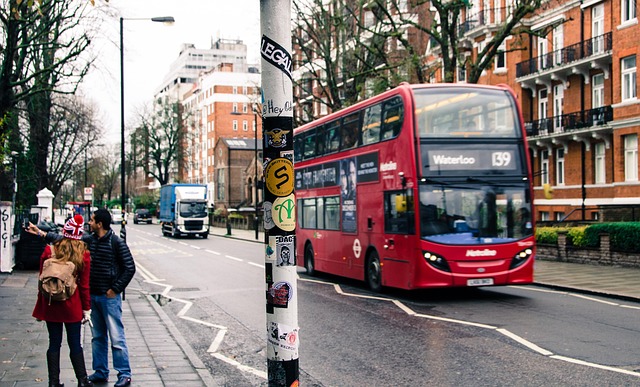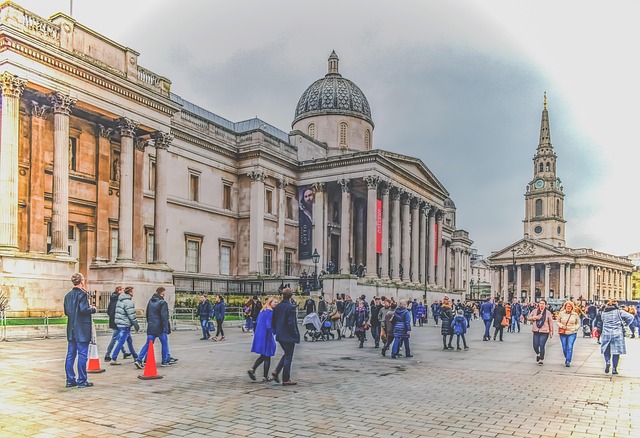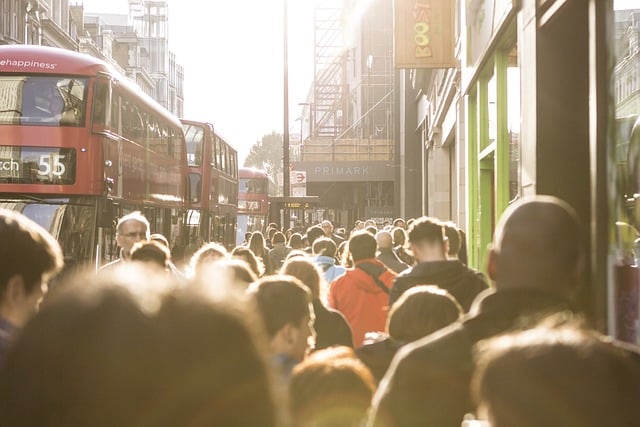The situation for refugees in the UK is changing fast. New government reforms promise a tougher, longer path to permanent settlement, affecting thousands who have sought safety and a new start. These measures are said to ensure contribution and commitment before settlement, but critics fear they may push the most vulnerable further to the margins.
For those following refugee statistics UK, the numbers reveal both hope and hardship. Each figure represents a life in transition, a person navigating complex systems in search of peace. This article explores the latest asylum reforms, what they mean for refugees in the UK, and how new laws may reshape their rights, timelines, and opportunities.

What Do the New UK Reforms Mean for Refugees in the UK?
The UK government has announced significant upcoming reforms to its asylum and immigration policies, indicating that refugees in the UK seeking permanent settlement will face longer waits, a shift from the current five-year pathway. Under the new proposals, individuals seeking to stay permanently will be required to meet stricter criteria, including a longer residency period before applying for indefinite leave to remain.
This change aims to ensure that settlement is tied to genuine contribution and commitment rather than being easily attainable.
Are Refugee Family Reunions in the UK Coming to an End?
Furthermore, the government has confirmed that the route which allowed refugees to automatically bring close relatives to the UK, commonly known as family reunion, will be permanently abolished. This marks a turning point for refugees in the UK, who relied on this path to reconnect with loved ones separated by war and displacement.
This reform underscores a tougher stance on refugee rights and benefits in the UK, reducing opportunities for family support systems that once made integration easier.
How Will Stricter Refugee Status Requirements UK Affect Settlement?
Prime Minister Rishi Sunak and other officials emphasise that these measures form part of a broader effort to reform what they call an “overly generous” asylum system. The idea is that refugee status requirements in the UK should encourage contribution and social integration rather than dependency.
Applicants will need to demonstrate English proficiency, a clean criminal record, and community engagement. The aim, according to the government, is to ensure that those who gain permanent residency have shown a commitment to British values and social participation.
Want to learn more? Here’s the truth about asylum.
What Does This Mean for the Future of Refugees in the UK?
Specific details about the new requirements for settlement, including conditions for family reunification, are expected to be announced later in the autumn. Officials claim these changes are meant to reduce “pull factors” that attract asylum seekers to the UK, particularly those making dangerous crossings through the English Channel.
However, critics argue that these reforms may do little to deter migration and could instead worsen humanitarian crises. Many refugees in the UK already face barriers to employment and housing delays in settlement could deepen these struggles.
How Do Refugee Statistics UK Reflect the Current Crisis?
Data shows the scale of the issue. The UK continues to face high numbers of asylum seekers crossing the Channel from France. Since early 2025, nearly 34,000 individuals have arrived, according to the Refugee Statistics UK. Despite government pledges to “stop the chaos,” numbers remain stubbornly high.
Each statistic represents someone fleeing violence, persecution, or poverty; people who view Britain as a haven. Yet the ongoing reforms suggest a nation torn between compassion and control.
Is There Legal Aid for Refugees UK Under the New Rules?
One major concern for charities and advocacy groups is the future of legal aid for refugees in the UK. With more complex and demanding refugee status requirements in the UK, access to legal assistance will become critical. Legal aid not only helps applicants navigate paperwork and appeals but also protects their basic human rights throughout the process.
As the system becomes stricter, experts warn that many asylum seekers may face rejection simply due to a lack of representation, not because their claims lack merit.
How Will Refugee Rights and Benefits UK Change Under the New System?
The government insists that refugees granted asylum will still receive a “core protection package.” However, pathways to permanent residency will be lengthened and made conditional upon contribution. This move directly impacts refugee rights and benefits in the UK, shifting focus from protection to performance.
Critics argue that these measures risk overlooking the emotional and economic trauma refugees carry. They warn that linking settlement to social contribution without proper support systems could lead to exploitation or discrimination.
Read Also: Japan’s Dual Citizenship Law: Inside the Osaka Court Case That Sparked a National Debate
Can Regional Partnerships Solve the Refugee Challenge?
In cooperation with European allies, the UK government has increased funding to address migration at its roots. A £3 million fund will support local initiatives in the Western Balkans, while over £5 million will go toward the Rome Process to reduce migration from Africa to Europe.
While this approach aligns with humanitarian goals, many believe that the heart of the issue lies within the country itself, ensuring that refugees in the UK are treated with dignity and given fair access to opportunities.

Balancing Policy, Humanity, and Hope for Refugees in the UK
Debates over human rights laws continue to dominate British politics. Some policymakers are questioning provisions like Article 3 of the European Convention on Human Rights to better align with national priorities. However, these discussions highlight the tension between border control and compassion; a line that becomes increasingly thin for refugees in the UK seeking safety, belonging, and peace.
What Lies Ahead for Refugees in the UK?
The UK’s asylum reforms represent more than policy shifts; they mark a moral crossroads. By tightening settlement rules, increasing refugee status requirements UK, and reducing refugee rights and benefits UK, the government hopes to create a fairer, merit-based system. Yet, as numbers from refugee statistics UK show, migration pressures are not slowing down.
For now, the future of refugees in the UK depends not only on new rules but also on public empathy, advocacy, and the resilience of those still striving for a safe home.
Read Also: Deportation Backlogs in Ireland: Legal Hurdles, Delays, and the Human Impact on Migrants
Frequently Asked Questions (FAQs)
1. What are the new refugee status requirements in the UK?
The new rules extend the waiting period for permanent settlement and require proof of English proficiency, a clean criminal record, and active community participation. Refugees will need to demonstrate contribution before being granted indefinite leave to remain.
2. How do these changes affect refugee rights and benefits in the UK?
Refugees will continue to receive basic protections but may face longer waits for permanent status. The new reforms aim to link benefits and rights to social and economic contribution.
3. Is there still legal aid for refugees in the UK under the new policies?
Yes, legal aid remains available, though access may be harder for those navigating more complex requirements. Charities urge the government to expand funding for legal support as the process becomes stricter.
4. What do refugee statistics UK say about asylum seekers?
According to recent data, over 34,000 asylum seekers crossed into the UK by mid-2025. Despite stricter rules, the number of refugees in the UK continues to grow, indicating ongoing humanitarian pressures.
5. How will ending family reunification affect refugees in the UK?
The decision to abolish automatic family reunion routes means many refugees will struggle to bring loved ones safely to the UK. Experts fear this could drive more people to seek dangerous alternatives, including smuggling routes.
Final Thought
Policies may define the system, but humanity defines the outcome. For refugees in the UK, every decision made in parliament ripples through real lives; families waiting to reunite, children hoping for education, and individuals seeking peace after years of fear.


